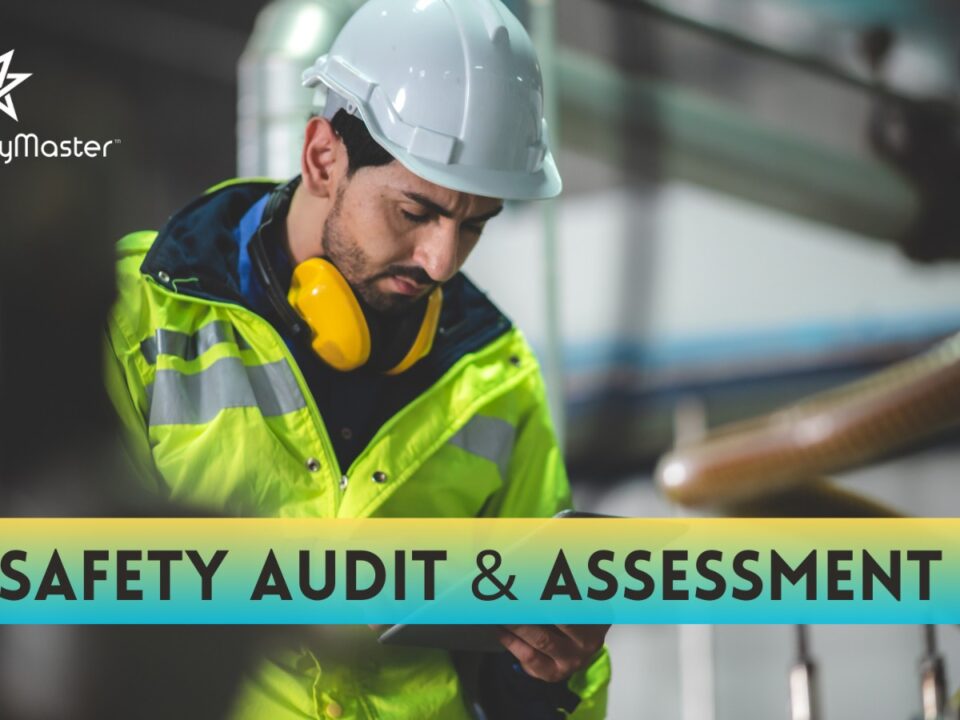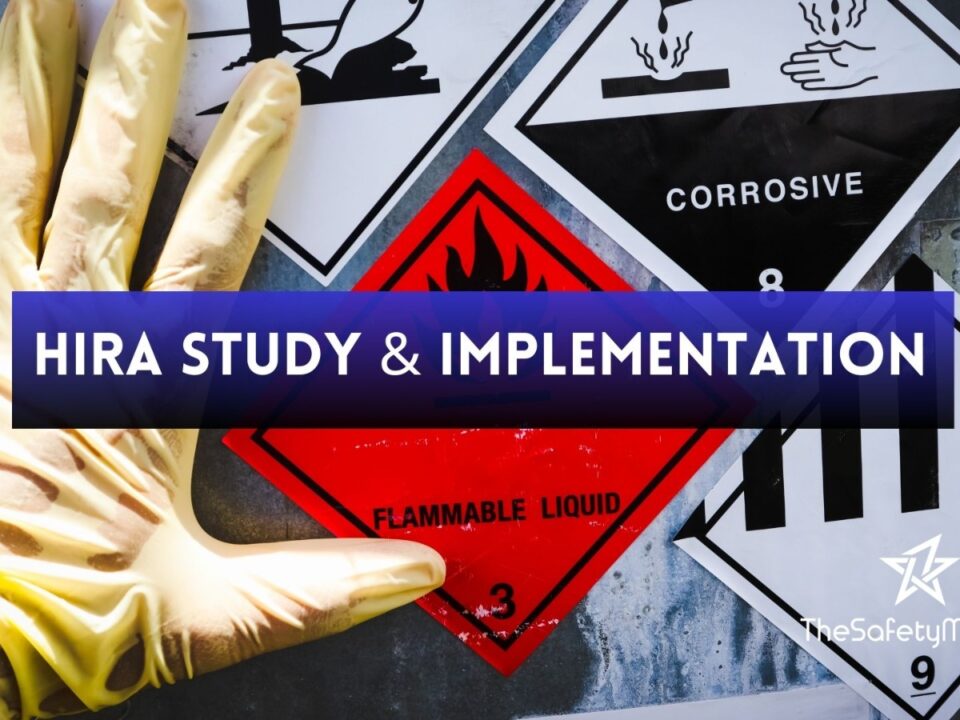Forklift Training: Advanced Techniques for Enhanced Efficiency and Productivity in the Workplace

Maximizing the Impact of Your Safety Audit & Strategies for Effective Implementation and Follow-Up
May 4, 2024
First aid training for specific environments: workplace, home, and outdoor settings – The Safety Master
May 8, 2024When it comes to operating heavy machinery like forklifts, expertise is paramount. Forklift training isn’t just about basic operation; it’s about mastering advanced techniques to maximize efficiency and productivity while prioritizing safety. In this article, we delve into the world of advanced forklift training, exploring how it can transform workplace operations and elevate safety standards.
Introduction
Importance of Forklift Training
Before delving into the intricacies of advanced forklift training, it’s crucial to understand why such training is indispensable in today’s industrial landscape. Forklifts are powerful machines capable of lifting heavy loads, but they also pose significant risks if not operated correctly. Proper training ensures that operators possess the skills and knowledge to maneuver these vehicles safely and efficiently.
1. Understanding Advanced Forklift Training
What Constitutes Advanced Training
Advanced forklift training goes beyond the basics of operating the vehicle. It encompasses a deeper understanding of forklift mechanics, advanced maneuvers, and specialized techniques for handling various loads and navigating challenging environments.
Benefits of Advanced Training
The benefits of advanced forklift training are manifold. Operators gain increased confidence, precision, and adaptability, allowing them to tackle complex tasks with ease. Moreover, advanced training enhances overall operational efficiency and reduces the risk of accidents and downtime.
2. Safety Protocols in Advanced Forklift Training
Importance of Safety
Safety is paramount in forklift operations, especially in advanced training scenarios where the stakes are higher. Comprehensive safety protocols are integral to advanced training programs to mitigate risks and ensure a secure working environment.
Specific Safety Measures
Advanced forklift training emphasizes stringent safety measures, including pre-operational checks, load stability assessments, and emergency procedures. Additionally, operators are trained to anticipate and mitigate potential hazards, minimizing the likelihood of accidents.
3. Enhancing Efficiency with Advanced Techniques
Advanced Maneuvers
Advanced forklift training equips operators with a repertoire of advanced maneuvers tailored to specific operational requirements. These may include tight cornering, precise stacking, and efficient pallet handling techniques, allowing for smoother and more streamlined operations.
Load Handling Techniques
Efficient load handling is a cornerstone of advanced forklift training. Operators learn to optimize load distribution, minimize cycle times, and maximize throughput without compromising safety. These techniques are instrumental in optimizing warehouse operations and enhancing overall productivity.
4. Increasing Productivity through Skill Refinement
Speed and Accuracy Improvements
Advanced forklift training focuses on refining operators’ speed and accuracy in executing tasks. Through targeted practice and skill development exercises, operators can significantly reduce turnaround times and increase throughput, ultimately boosting productivity.
Time-Saving Strategies
In addition to honing technical skills, advanced forklift training introduces operators to time-saving strategies such as route optimization and efficient load sequencing. By minimizing unnecessary movements and optimizing workflow patterns, operators can accomplish more in less time, driving overall productivity gains.
5. Technology Integration in Advanced Training
Role of Technology
Technology plays a pivotal role in modern forklift training programs. Advanced simulators and virtual reality platforms provide realistic training environments where operators can hone their skills in a safe and controlled setting. These technologies enhance learning outcomes by immersing operators in lifelike scenarios and facilitating hands-on practice without real-world risks.
Simulation Training
Simulation training is a cornerstone of advanced forklift training, allowing operators to familiarize themselves with complex maneuvers and scenarios in a controlled virtual environment. From navigating tight spaces to simulating emergency situations, simulation training provides a risk-free platform for skill development and proficiency testing.
6. Regulatory Compliance and Certification
Legal Requirements
In many jurisdictions, forklift operators are required to undergo formal training and obtain certification to operate these vehicles legally. Advanced forklift training programs ensure compliance with relevant regulations and standards, helping organizations avoid penalties and legal liabilities.
Certification Process
The certification process typically involves theoretical instruction, practical training, and assessment of competency. Advanced training programs prepare operators for certification exams by covering all requisite topics and providing hands-on experience under the guidance of qualified instructors.
7. Cost-Effectiveness of Advanced Training
Long-Term Benefits
While advanced forklift training may require an initial investment, its long-term benefits far outweigh the costs. By reducing the likelihood of accidents, minimizing downtime, and increasing operational efficiency, advanced training delivers substantial returns on investment over time.
Return on Investment
The return on investment (ROI) of advanced forklift training extends beyond financial gains. By fostering a culture of safety and skill development, organizations cultivate a more productive and resilient workforce, resulting in enhanced morale, reduced employee turnover, and improved overall performance.
8. Overcoming Challenges and Obstacles
Common Challenges
Advanced forklift training may present challenges such as resistance to change, skill gaps among operators, and logistical constraints. However, with proper planning, effective communication, and ongoing support, these challenges can be overcome to realize the full potential of advanced training initiatives.
Strategies to Overcome
Addressing resistance to change requires clear communication regarding the benefits of advanced training and actively involving stakeholders in the process. Skill gaps can be mitigated through targeted training programs tailored to individual learning needs, while logistical constraints may necessitate flexible scheduling and resource allocation.
9. The Role of Continuous Improvement
Importance of Ongoing Learning
In the ever-evolving landscape of forklift operations, continuous improvement is essential to staying ahead of the curve. Advanced forklift training isn’t a one-time event but an ongoing journey of skill


